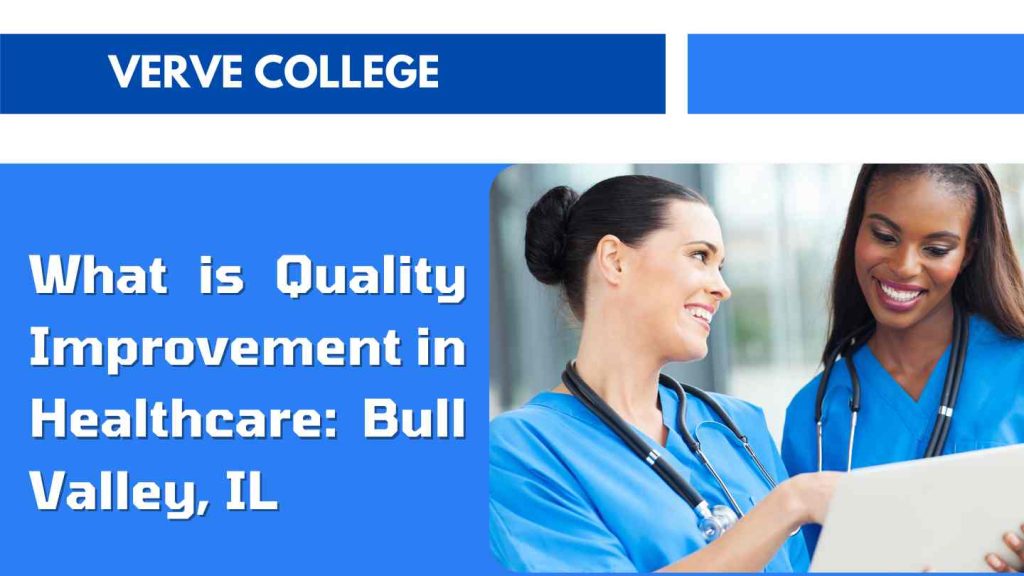- Oak Brook:(630) 705-9999
- Chicago:(312) 920-8822
- Email:inquiry@vervecollege.edu
- Make a Payment
- Home
- Programs
- Admission
- Resources
- ATI Entrance Exam Resources
- New E-Digital Library
- Refer a Friend
- School Newsletter
- Events
- Employers
- Job-Network
- Alpha Beta Kappa Candidates
- Verve College Library
- Graduation and Pinning Ceremony Photo Galleries
- Textbook Information
- Career Services
- Tutoring
- School Catalog
- FAQ
- Constitution Day Program
- Alumni
- Verve College Plans
- Financial Aid
- HEERF Reporting
- Satisfactory Academic Progress
- Apply For Financial Aid
- Net Price Calculator
- Return of Title IV Funds (R2T4)
- Financial Aid Office Code of Conduct
- Contact
- FAQs
- Verification Policy
- Vaccination Policy
- Student Right-to-Know Act
- Misrepresentation
- Information Security Program
- Academic Award Year
- Availability of Employee
- Cost of Attendance
- Health & Safety Exemption Requirement
- Students Rights and Responsibilities
- Leave of Absence
- Pell Formula
- Military Students
- Grants/ Scholarship Policy
- Contact Us
- Testimonials
- Blog
Is a Nursing Career Right For You?
Take The Free Quiz
What is Quality Improvement in Healthcare: Bull Valley, IL
What is Quality Improvement in Healthcare: Bull Valley, IL
Quality improvement (QI) is the process healthcare leaders use to set goals for their organizations, such as preventing falls among patients or decreasing opioid usage after surgery. But what exactly is quality improvement (QI)?
Focusing on improving the quality of healthcare and patient safety has become an ever-increasing priority for professional nursing systems and healthcare systems in general, with their respective goals of increased efficiency, reduced costs, and producing superior clinical outcomes being top of mind for both. Practical nursing programs like LPN programs (nursing education programs) at community colleges also help to improve quality improvement in healthcare settings through pre-requisite courses & prospective students can enhance their clinical experience with great practice by learning of NCLEX-PN exam (entrance exam) & can earn an average salary. Are you interested in risk quality management and safety within long-term care facilities? Are you curious to explore quality improvement examples in nursing, including ways to begin or advance in this area?
What is Quality Improvement?
For years, efforts to enhance healthcare quality, checking vital signs, and safety focused on vocational nurses and medical professionals or medical assistants assuming personal responsibility in healthcare facilities. Now, however, safety and quality have become top priorities when it comes to quality improvement efforts. Sowell noted that the “shame-and-blame” game had changed, shifting away from singling out specific people as culprits to focus on working conditions and complex procedures instead. While quality improvement (QI) used to focus on detecting undesirable events, human medical error is now inevitable even among professionals adhering to strict standards. Quality improvement professionals analyze patient data, medical records, and processes to provide high-quality healthcare. According to Sowell, quality improvement specialists use this data to highlight areas for healthcare improvement as well as excellence within healthcare delivery processes – to improve patient outcomes while increasing efficiency while simultaneously decreasing healthcare costs.
Recently, technological advances have seen healthcare quality improvement expand significantly, including the incorporation of medical data for decision-making purposes. Sowell stressed the impact of technology. Before its use, audits were performed manually, with hours spent searching for data. Now, with an abundance of data at their fingertips, Healthcare quality professionals must collaborate closely with other members of their organizations to make meaningful use of the data available to them. Healthcare professionals’ approaches to using data for quality improvement vary between organizations. As a result, this has led to various initiatives being initiated across medical care settings.
What Are Some Quality Improvement Examples in Nursing Improvement Initiatives in Healthcare?
Sowell suggested that quality improvement initiatives include healthcare leaders analyzing patient data to create plans to decrease postoperative infections or using data-driven quality improvement methods to shorten average nursing home stays. Other benefits of quality improvement may include: We are reducing hospital readmissions by improving coordination among departments, reducing medication errors, implementing electronic medical records to document better, optimizing sepsis treatment, and decreasing urinary catheter infection incidence rates. To become a licensed practical nurse with a great knowledge of the scope of clinical practice for quality health care improvement identifies six primary goals of patient care.
The framework outlines:
- Safe: Preventing harm to patients while they receive medical treatment.
- Effective: Effective means delivering only those services likely to improve patient & healthcare outcomes.
- Timely: Minimizing waiting times and delays at appointments and treatments.
- Efficient: Reduce wasteful medical supplies, equipment, and time use.
- Equal: Assure quality of care does not differ based on patient demographics such as gender, ethnicity, or geography.
- Patient-Centric: Respect and value individual preferences. This framework can assist healthcare providers or healthcare teams in providing better care to patients while having a significant impact on the healthcare industry overall & also enhancing patient experience.
 Sign up
Sign up Login
Login




